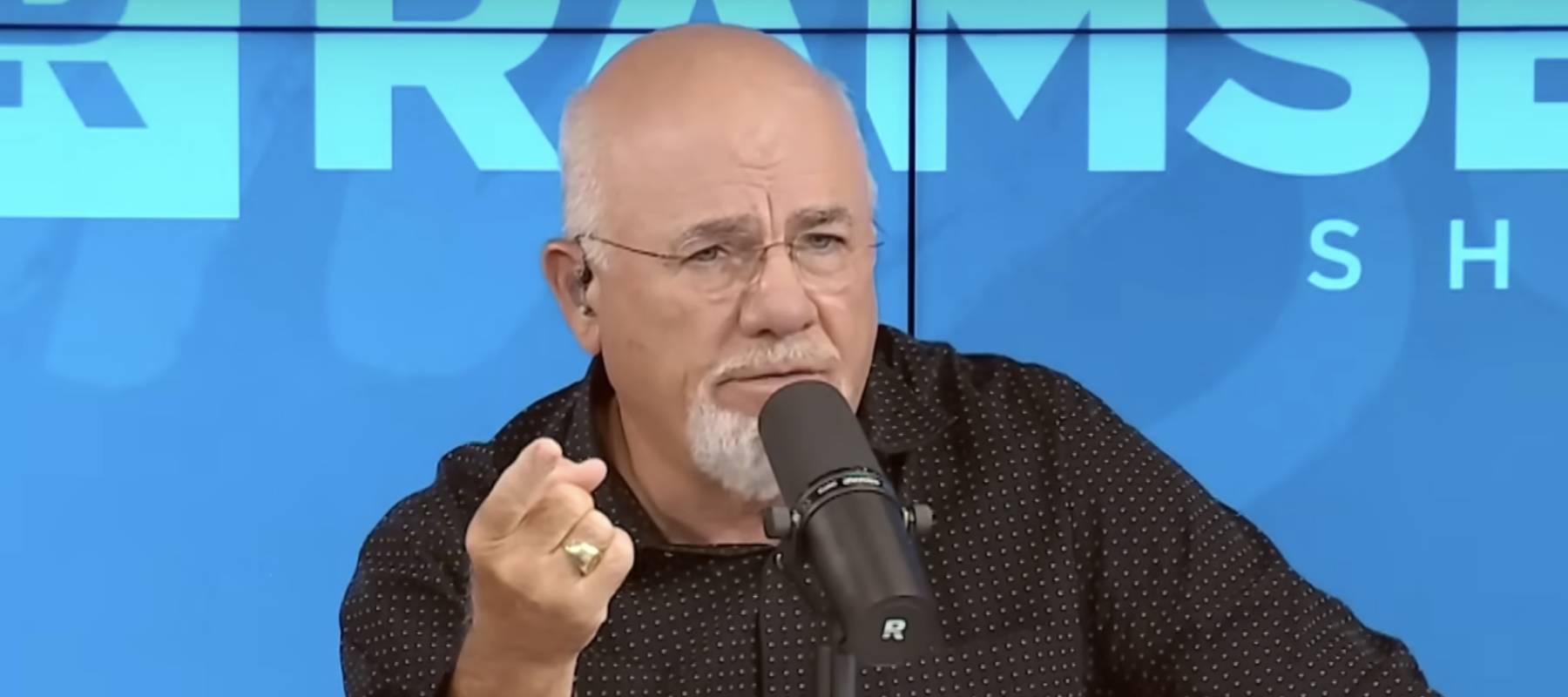
Robinhood alternatives: Best discount brokers to use instead
fizkes / Shutterstock
Updated: January 02, 2024
We adhere to strict standards of editorial integrity to help you make decisions with confidence. Please be aware that some (or all) products and services linked in this article are from our sponsors.
We adhere to strict standards of editorial integrity to help you make decisions with confidence. Please be aware that some (or all) products and services linked in this article are from our sponsors.
There are two main things any trader wants from a brokerage. First, your funds and assets should be secure. Second, you should be able to trade what you want during market hours quickly. Unfortunately for customers of brokerage Robinhood, it seems they can no longer count on their broker for timely trades, and they've started to look for appropriate Robinhood alternatives.
Here’s a look at what’s going on at Robinhood and what you may want to do about your Robinhood account.
The best Robinhood alternatives to consider:
1. E*TRADE
2. Ally Invest
3. TD Ameritrade
4. Public.com
5. Webull
If you’re considering a new brokerage to replace Robinhood, you’re far from alone. You're also in luck. In the last few years, a number of the top online brokerages have eliminated commissions for most stock and ETF trades. Here are some popular online brokerages that give you comparable experiences with no cost to trade stocks or ETFs.
1. E*TRADE
The pioneer of online investing, E*TRADE is still a top alternative to Robinhood thanks to great platforms and good customer service. It also offers commission-free stock and ETF trades like Robinhood, although options trading costs $0.65 per contract.
Note that this brokerage has agreed to be acquired by Morgan Stanley.
2. Ally Invest
Ally Invest is a great low-cost brokerage and a companion to the popular Ally Bank. With the same login, you can manage your banking and investments under one virtual roof.
Ally offers an easy-to-use platform that is ideal for casual investors and people learning the ropes of active trading. We also like it as a Robinhood alternative since it has its own robo-advisor service and an excellent high-yield savings account through the banking side of the company.
You can't trade crypto with Ally unlike Robinhood, but overall, the full-service online bank and broker is one of the leading Robinhood competitors out there.
3. Public
One common complaint about Robinhood is that it uses payment-for-order-flow (PFOF) to make a lot of its revenue. With this model, Robinhood receives money for routing customer orders to different market makers and exchanges. This can create potential conflicts of interest since the broker is incentivized to route orders to make money and not to provide the best order execution.
The SEC actually fined Robinhood for failing to satisfy its “duty of best execution” for its customers; not what you want to hear about your online broker.
However, Public is Public a Robinhood alternative that doesn't use PFOF. It also supports fractional shares and crypto just like Robinhood and has an incredibly easy-to-use app. Plus, you even get up to $300 in free stock for signing up, which is a similar sign-up bonus to the one Robinhood offers.
4. TD Ameritrade
Another leading Robinhood alternative is TD Ameritrade. This broker is actually owned by Charles Schwab, not TD Bank directly, and offers commission-free stock and ETF trades. It also has 24/7 customer service, and its customer service, which Robinhood also rolled out in 2021.
TD Ameritrade isn't as good as Robinhood for options trading. But it has more in-depth research and educational tools, which is great news for beginner investors.
5. Webull
A newer entrant to the online investing space, Webull is a technology-first platform that offered no trading fees before the big brokerages were doing it. It's also one of the few Robinhood competitors that also offers commission-free options trading, making it an excellent choice for active options traders.
You can also trade popular cryptos like Bitcoin and Ethereum starting with just $1, and Webull currently supports more coins than Robinhood. It also has a virtual trading/paper trading option unlike Robinhood, which is useful for practicing your trades.
Read our Robinhood vs. Webull article for a complete breakdown of these two mobile trading apps.
Why are investors searching for Robinhood alternatives?
Robinhood is one of the most popular trading apps, and it's a leading investment app for beginners as well because of how easy it is to use. This begs the question: why are people leaving Robinhood for some of its competitors?
Here are a few of the main complaints users have and why you might want to use a Robinhood alternative as well.
The Robinhood “meme” stocks issue
Robinhood made news after it restricted trades of stocks like GameStop and AMC after their stock price was driven by retail investors on Reddit betting against Wall Street. The sudden influx of retail investors caused many hedge funds that had shorted the stock to lose billions. Robinhood and other trading apps responded by restricting trading of the so-called “meme” apps, which infuriated users.
Robinhoodwas one of the first brokers to have no fees to buy or sell stocks and ETFs. While its list of tradable assets and customer base has grown, the company apparently neglected to keep its digital platforms up-to-date and its users happy.
App outages
At the beginning of March 2020, Robinhood experienced back-to-back outages that locked investors out of trading on its platform. This occurred during one of the most volatile periods in market history as investors began to comprehend the long-term effects of novel coronavirus and other economic headwinds.
SEC fines and regulatory trouble
As mentioned, Robinhood settled with the SEC for $65 million over allegedly misleading investors for how it makes money. Robinhood is paid by Wall Street firms for passing along customer trades. The firm agreed to pay the fee but did not admit or deny any wrongdoing.
The platform has also come under scrutiny from lawmakers for pushing retail investors into risky investments they don't understand, like options and margin trading. Although it should be noted that Robinhood is not the only trading platform where users can trade stocks and leverage options or margin. It just happens to be one of the more popular ones.
And of course, Robinhood's decision to restrict trades of GameStop and other “meme stocks” has infuriated many users. Robinhood has said that the reason they stopped trades was due to clearinghouse deposit requirements. Essentially clearing brokers like Robinhood are required by regulators to maintain a certain amount of capital on a daily basis.
Bottom line
Trust is essential when it comes to a brokerage account for your money. If you’re fed up with Robinhood or simply want to upgrade your brokerage experience, it may be time to start working with one of the great Robinhood alternatives mentioned above.
You can also read our article on the best brokerage promotions so you can hit the ground running with your new investment account.










